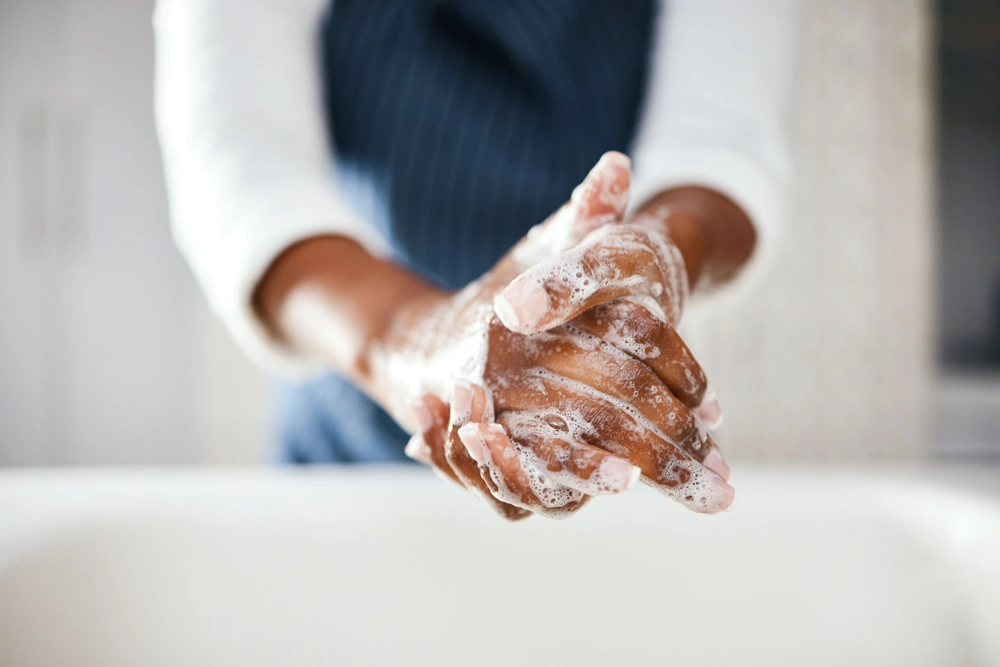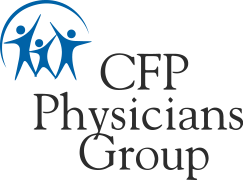Blog
Recent Posts
Why Annual Physicals Are Essential for Long-Term Health

National Handwashing Awareness Week – First Full Week in December
Every day, we use our hands to touch countless surfaces, shake hands, prepare food, and care for loved ones. But how often do we think about the germs we pick up along the way? National Handwashing Awareness Week, observed during the first full week of December, serves as a reminder of the critical role hand hygiene plays in preventing the spread of illnesses. As flu season ramps up, it’s the perfect time to reinforce proper handwashing habits to protect ourselves and those around us.
Why Handwashing Matters
Handwashing is one of the most effective ways to stop the spread of infections, yet studies show that many people do not wash their hands as often as they should. According to the Centers for Disease Control and Prevention (CDC), proper hand hygiene can reduce respiratory illnesses by up to 21% and diarrheal diseases by as much as 31%.
Germs and bacteria thrive on frequently touched surfaces like doorknobs, countertops, mobile devices, and even shared office equipment. When we touch these contaminated surfaces and then touch our faces, eyes, or mouths, we introduce harmful pathogens into our bodies. Handwashing helps remove these germs, reducing the risk of getting sick and spreading illnesses to others.
When Should You Wash Your Hands?
Knowing when to wash your hands is just as important as knowing how to do it properly. Here are key times to ensure your hands are clean:
- Before and after eating or preparing food
- After using the restroom
- Before and after caring for someone who is sick
- After coughing, sneezing, or blowing your nose
- After touching pets or cleaning up after them
- After handling garbage
- After touching commonly used surfaces like handrails, shopping carts, or ATMs
By being mindful of these moments, you can significantly reduce the spread of germs and keep yourself and those around you healthy.
Proper Handwashing Technique
Handwashing might seem simple, but to be truly effective, it must be done correctly. Follow these five steps recommended by health experts:
- Rinse your hands under clean, running water, whether warm or cold.
- Add soap and create a lather by rubbing your hands together, ensuring you cover all areas, including the backs of your hands, between your fingers, and beneath your nails.
- Scrub your hands for at least 20 seconds. Need a timer? Hum the “Happy Birthday” song twice!
- Rinse thoroughly under clean, running water.
- Use a clean towel to dry your hands or allow them to air dry.
Skipping any of these steps can leave behind bacteria and viruses, increasing the risk of infection.
What If Soap and Water Aren’t Available?
While washing hands with soap and water is the best method for removing germs, it’s not always an option. In such cases, an alcohol-based hand sanitizer with at least 60% alcohol is a good alternative. Hand sanitizers can help reduce the number of germs on your hands but do not eliminate all types of bacteria, including norovirus and certain chemicals.
When using hand sanitizer, follow these steps:
- Use enough hand sanitizer to thoroughly coat all surfaces of your hands.
- Rub your hands together until dry (at least 20 seconds).
- Do not wipe off the sanitizer before it has fully dried, as this reduces its effectiveness.
Handwashing Myths and Facts
There are many misconceptions about hand hygiene. Let’s debunk some common myths:
Myth 1: Hand sanitizer works just as well as soap and water.
Fact: While hand sanitizer is useful in certain situations, it does not remove all types of germs, grease, or chemicals. Soap and water remain the best option for thorough cleaning.
Myth 2: You don’t need to wash your hands if they don’t look dirty.
Fact: Germs are invisible! Just because your hands appear clean doesn’t mean they are free of harmful bacteria and viruses.
Myth 3: A quick rinse with water is enough.
Fact: Simply rinsing with water does not effectively remove germs. Soap helps lift dirt and bacteria off the skin, making handwashing significantly more effective.
Myth 4: Cold water doesn’t kill germs like hot water does.
Fact: Water temperature does not affect germ removal. The essential step is to use soap and scrub your hands thoroughly for a minimum of 20 seconds.
The Impact of Hand Hygiene on Public Health
Good hand hygiene doesn’t just protect individuals—it benefits entire communities. Schools, workplaces, and public spaces are all breeding grounds for bacteria and viruses. By washing hands regularly, we help reduce the spread of contagious diseases such as:
- The flu
- The common cold
- COVID-19
- Norovirus
- Foodborne illnesses like Salmonella and E. coli
Handwashing campaigns have proven successful in reducing illness-related absences in schools and workplaces. When more people commit to proper hand hygiene, the risk of widespread outbreaks decreases significantly.
Join the National Handwashing Awareness Week Movement
This National Handwashing Awareness Week, take the pledge to make handwashing a priority! Here’s how you can participate:
- Educate your family and coworkers about the importance of hand hygiene.
- Encourage proper handwashing in schools, workplaces, and community centers.
- Share tips on social media using hashtags like #HandwashingAwareness and #StayHealthy.
- Post reminders in bathrooms and kitchens to reinforce good habits.
Small actions can lead to significant health benefits. By making handwashing a daily habit, we can all contribute to a healthier, safer community.
Final Thoughts
Washing your hands is a simple yet effective way to prevent illness. National Handwashing Awareness Week serves as an excellent reminder to practice proper hand hygiene—not just for a week, but all year long. Take the time to wash your hands correctly, educate others, and play your part in stopping the spread of germs.
By keeping our hands clean, we protect ourselves, our loved ones, and our communities from unnecessary illness. Let’s make handwashing a lifelong habit!

